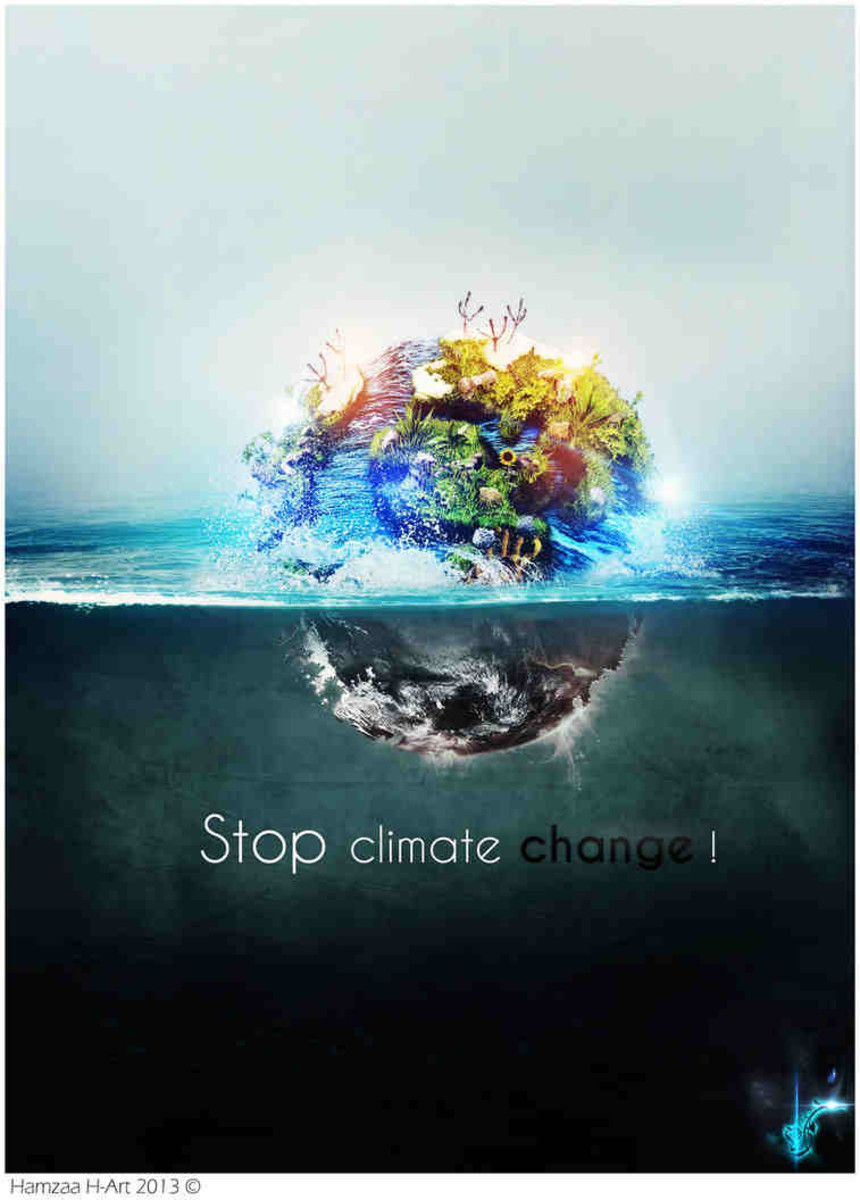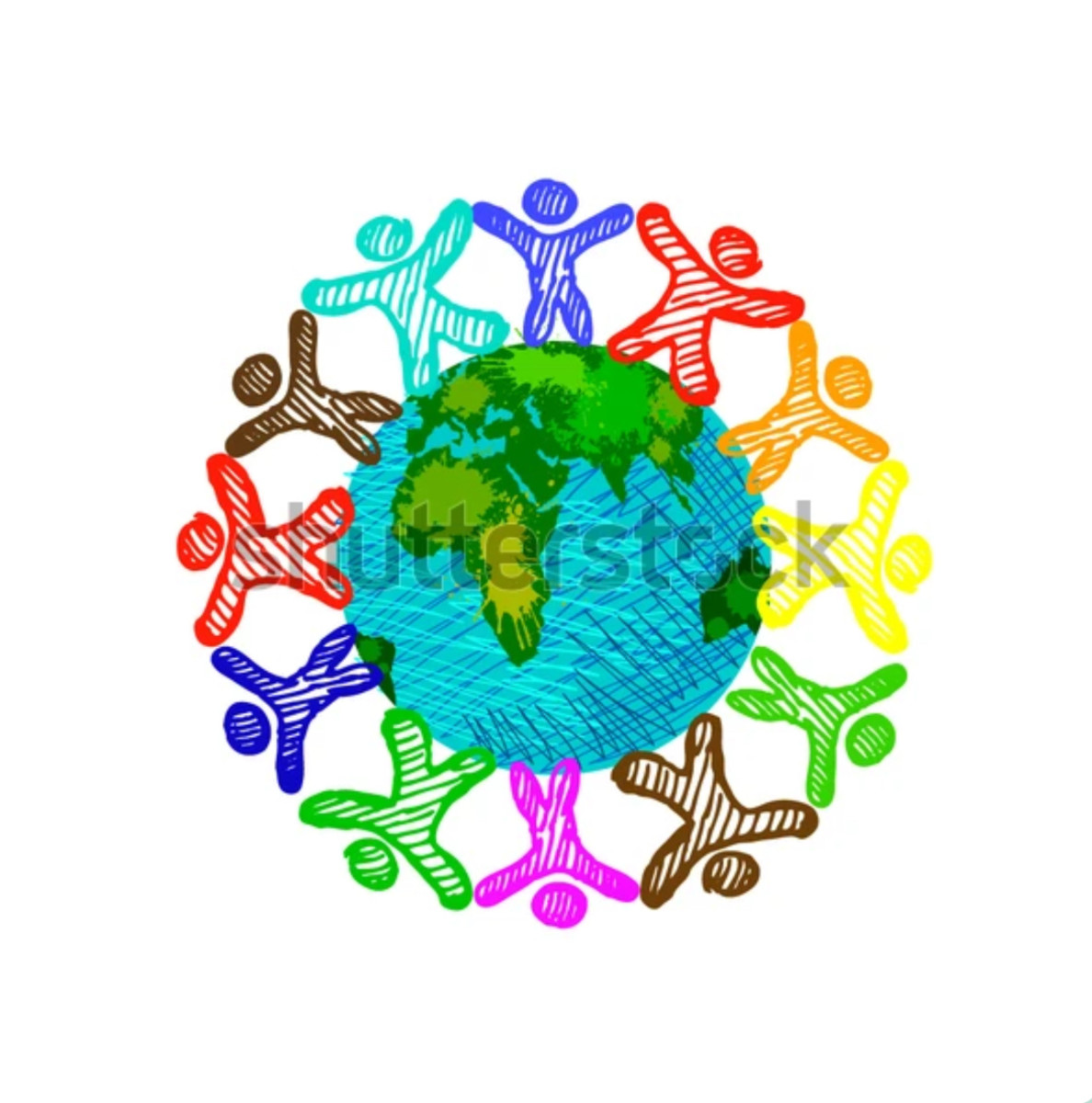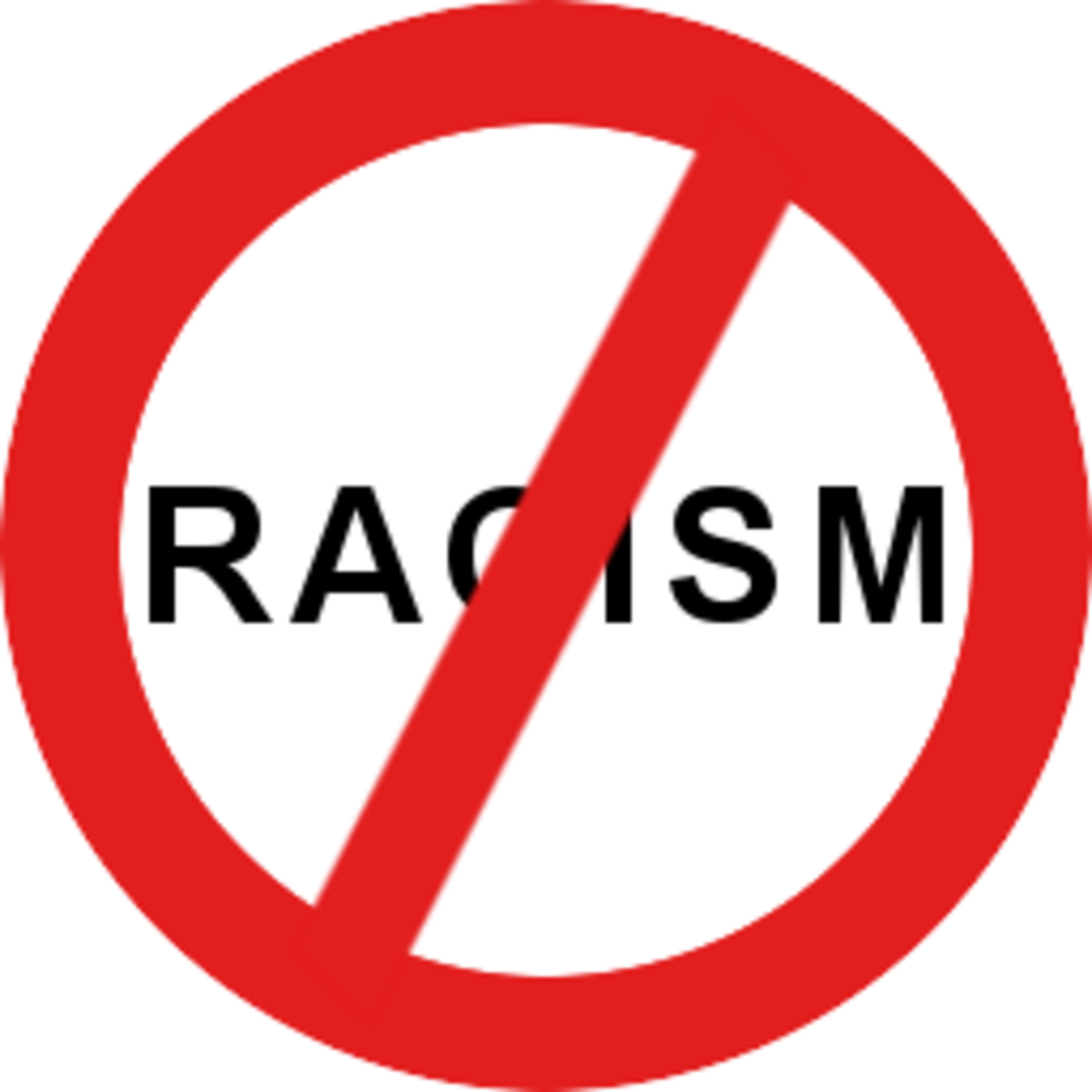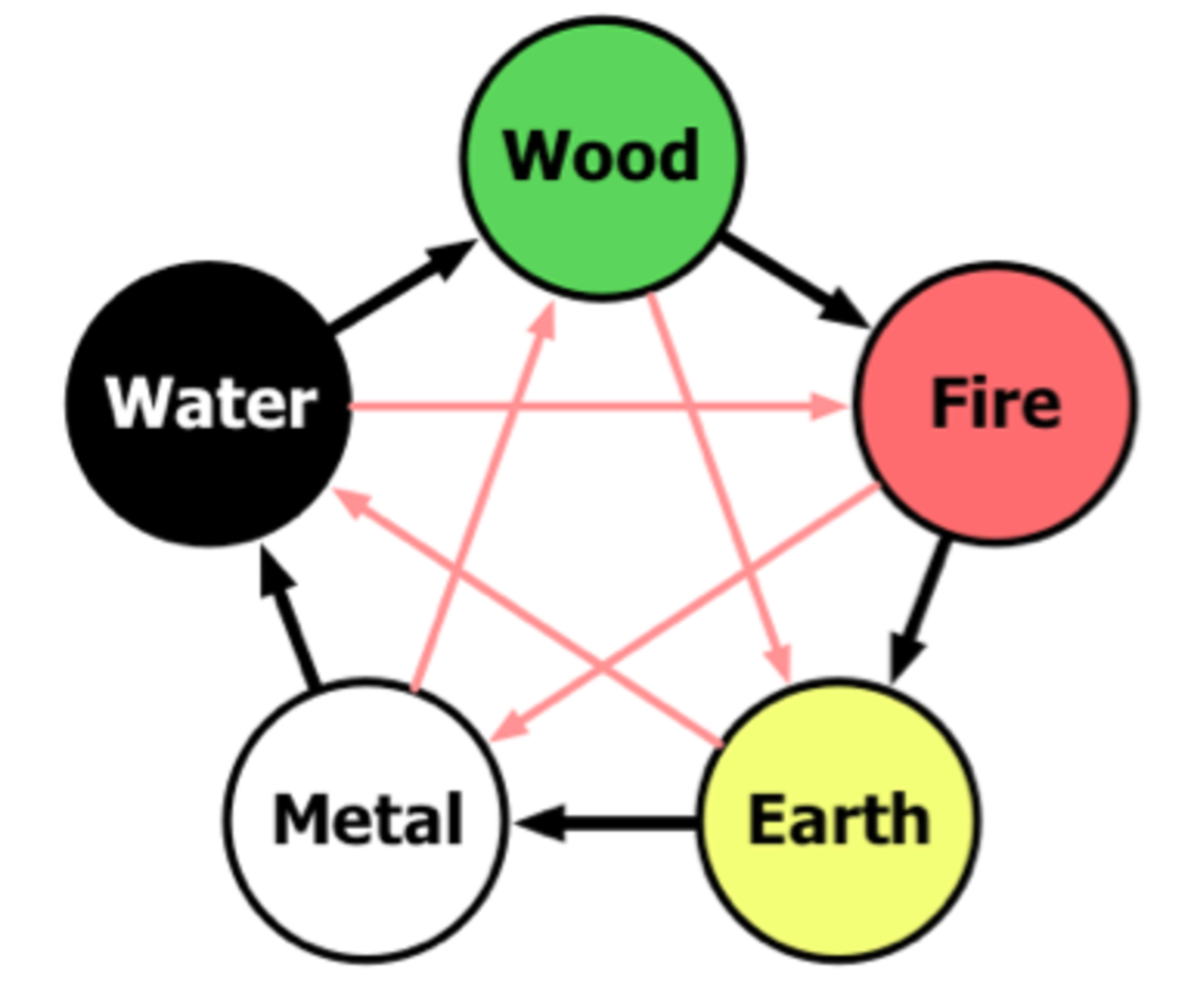Why NDO's (non-discriminatory ordinances) Aren't Necessarily Good for Society
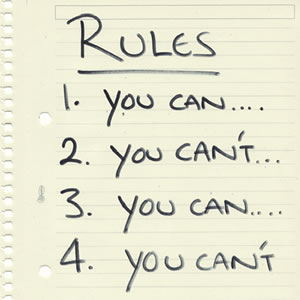
Firstly and importantly, I want to establish that I in no way support discrimination. Nor do I morally disagree with individuals who are fighting for anti-discriminatory policies in their communities. However, despite that, I do question their methodology. I do not believe pushing for legislation is worth the price for the little good it would do our nation in terms of moving towards a more tolerable America.
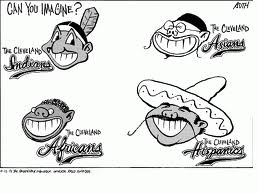
A little bit about my background-- where I'm coming from
I've grown up in a town where the demographics are represented in the following way: 1% black, 5% native american, and 94% white.
It's essentially a perfect environment for racism to fester since someone who is supposedly 'different' can seem even more out of place than in other parts of the nation where minorities are represented in significantly larger numbers. And indeed, I have personally witnessed individuals insulted and treated unfairly because of their heritage--One of them being a very close friend of mine.
In my high school, we had maybe two or three black students out of the astounding 2200 kids crammed into the building each and every day. And where better to witness racism and intolerance than in an environment where raging hormones produce undirected teen angst and where harsh judgement flourishes? My friend always joined us for lunch, and is wasn't uncommon to witness glares from others in his direction, nor was it rare to see various forms of supremacist graffiti in and around that area. So naturally, it was something that came up in conversation between us.
"You guys are my best friends, but I'm not going to lie, I feel safer around other black people."
That stuck with me for quite some time. It's one thing to look at the situation in terms of acceptance and comfort, but a whole new ballpark as soon as safety becomes an issue. Since then, my friend has experienced difficulty finding a job-- and his father has experienced the hateful act of having his car (a fairly nice Chrysler) trashed by some punks.
That's as close a racism gets to me. Additionally, I've noticed how uncomfortable people can be around the Native American population as well. People just don't like 'different'.
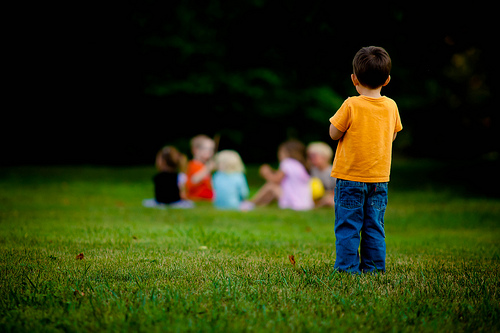
The Meat of the Situation- What Has This Taught Me?
Over the years, I've figured out a key attribute to discrimination. It may seem very obvious, but it's a principle that many people, for some reason or another, are refusing to acknowledge. That is, some people have an inherent hatred for others and express it, not just because the can, but because they believe deep down that they are morally justified in doing so. I guess that to specific people in my hometown, the idea of supremacy is very real.
This is where I point something out to my friends, family, and neighbors who fight so valiantly for universal rights and non-discriminatory policy. As good as it sounds, a piece of paper declaring that racism isn't acceptable is in all likelihood going to do nothing. It's not going to dissolve the inherent hatred brewing deep within some of the people around us. If anything, I believe it could even deepen the real issue.
Heres an analogy: Remember back to the toddler years? When a kid was excluded, they'd go running to the nearest adult and demand some sort of inclusion in the activity that the other kids were doing? Doing this never actually made the other kids like the poor previously excluded soul; it only satisfied the kid for a short while, because it never took too long before they were back to refusing his presence in the group. It did NOTHING to quell the childish hatred.
Of course, in many circumstances, that excluded individual does become accepted over time. But it always requires maturing on both sides, and it takes a degree of acclimation. People cannot have the belief that it is moral to discriminate.
So, Those NDO's. Maybe Not So Promising?
So in my opinion, running to an adult (or going to the government) isn't going to solve the underlying issue. Additionally, I've seen some other negative aspects of pouring resources into such a cause. For one thing, in my hometown, when an NDO was proposed, it clogged our legislative agency. Of course it's a big deal. It's something that sounds like such a moral thing to do that everybody and their mothers (excluding the racists and...uh... maybe their mothers) can publicly speak for. This had a blow-up effect. The legislature and it's political players became obligated to spend a massive amount of their time addressing the issue and it didn't help that we were unfortunate enough to have a split opinion on the issue.
The bill wouldn't have been very problematic and I wouldn't be spreading my opinion about this issue if the bill took a few days to draft and a short period of time to pass. But instead it took months. So many other projects, including mandates for fair wages and funding for public schools were put on the back burner-- arguably things that could do much more good than the NDO.
On top of all that, our NDO was voted down in the end, and the political table was basically overturned. There are now more debates than before and it looks like yet another substantial period of time will be spent addressing the non-issue. If I had my way, they'd either just pass it or strike it down for good.
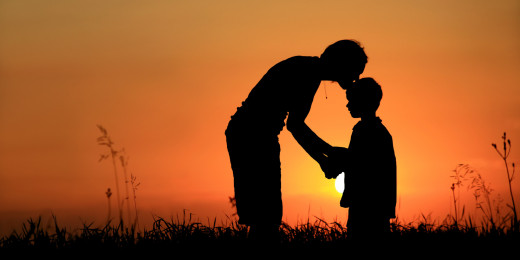
The Bottom Line
Most likely, the best route is supporting a universal understanding of what I've suggested above. Don't push for this kind of legislation.
An additional supporting note: I was discussing this issue with another one of my close friends a few weeks back and he brought up the fact that during the civil war, the emancipation proclamation was established and in the last century, the civil rights movement occurred. This is what many people refer to at the suggestion of an NDO. Fair enough, there are similarities. After all, they both support minority rights. But there are also key differences. Most importantly, there has to be a cultural change before the legislation can cement it in. It isn't the legislation that creates the cultural change. This is a common misconception. People portray past events as having eliminated racism, but I would argue that no such effect was garnered.
The heart of the issue is that people also associate those prior movements with the trend that rights for minorities have improved over the last few centuries. This is a logical disconnect between correlation and causation. There was a cultural change and legislation was drafted to illustrate, not establish, the change.
The legalization of marijuana did not initiate its use; its use initiated its legalization.
So what's the right move? What can we expect?
My own hypothesis is that the desired changes will occur naturally. It is evident that with every new generation, America is becoming more tolerant to certain groups (specifically the black, asian and LGBT population). We seem to still need work with Mexicans and Native Americans, but that too will occur in time-- I am sure.
In the mean time, legislation will be made. That's okay. But it shouldn't be created to initiate change. The dissolving population of race-specific discriminators will continue to diminish over time. The anti-Japanese citizens who lived through World Ward II will go away, and the anti-Mexican citizens will too as the Mexican population integrates itself. That's a fact.
So too is the fact that new forms of racism will come about. In the last few decades, we have witness the birth of an intense anti-Muslim sentiment, despite the fact that the Muslim religion is very similar to modern day Christianity. This too will eventually pass.
So don't erupt in frustration when legislation fails to pass in an attempt to eradicate racism. It only means that the cultural change hasn't matured YET. Rest assured, it will. The very action of suggesting legislation supports this. It means things are getting better already. It will take time, just as the group of kids who excluded newcomers and others who were 'different' grew and became more tolerable. You cannot force it. But above all else, don't clog the legislative system and disable it from doing the other muchly needed services it was designed to do. Our town's mayor as well as his city council now spend the bulk of their time addressing this issue, and it's slowing progress substantially. Let's change our philosophy, learn from history, and promote change on a personal level. If you see someone being treated unfairly due to their race, sexual orientation, or just being 'different' in some way, call the culprit out or show the victim some compassion. That's what is going to drive change.
Have your own opinion on this matter? Please, I would truly be glad to hear it! Comment below!


